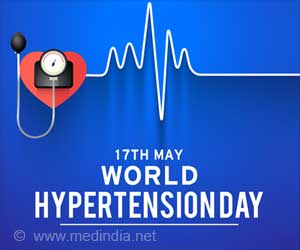- Disrupted sleep-wake patterns are common in Schizophrenia Spectrum Disorder patients (SSD)
- Reduced sleep efficiency, later sleep onset, and reduced daytime activity were among the abnormalities found in SSD patients' sleep-wake patterns
- Addressing sleep disturbances could help improve the negative symptoms associated with SSD
Link Between Sleep-Wake Patterns and Negative Symptoms in Schizophrenia Spectrum Disorder
In a recent study published in the Journal of Psychiatric Research, researchers investigated the relationship between sleep-wake patterns and negative symptoms in schizophrenia spectrum disorder patients. The study aimed to identify the shared and distinct abnormalities in sleep-wake patterns among SSD patients and to determine their relationship with negative symptoms. The study recruited 47 SSD patients and 47 healthy controls. All participants wore actigraphy watches for seven days to monitor their sleep-wake patterns. The study also assessed the participants' negative symptoms using the Brief Negative Symptom Scale (BNSS).Disrupted Sleep-Wake Patterns in Schizophrenia Spectrum Disorder Patients
The study found that SSD patients had significantly more disrupted sleep-wake patterns compared to healthy controls. Specifically, schizophrenia spectrum disorder patients had:Reduced sleep efficiency:
SSD patients had lower sleep efficiency, which is the ratio of time spent asleep to time spent in bed. This suggests that SSD patients spend more time awake during the night, leading to poorer quality of sleep.Later sleep onset and wake-up times:
Schizophrenia spectrum disorder patients had later sleep onset and wake-up times, which suggests a shift in their natural circadian rhythm.Reduced daytime activity:
SSD patients had reduced daytime activity, which is associated with decreased motivation and energy.
The findings of this study suggest that disrupted sleep-wake patterns are a common feature of schizophrenia spectrum disorder and are significantly associated with negative symptoms. The study also highlights the potential importance of assessing and treating sleep disturbances in SSD patients to improve their overall well-being.
Treatment Implications: Incorporating Sleep Hygiene Strategies for Schizophrenia Spectrum Disorder Patients
The results of this study have important implications for the treatment of SSD patients. Mental health professionals may consider incorporating sleep hygiene strategies and behavioral interventions to improve sleep-wake patterns and alleviate negative symptoms. This may include establishing regular sleep and wake-up times, increasing daytime activity, and reducing exposure to light at night.In conclusion, the study highlights the importance of sleep-wake patterns in the manifestation of negative symptoms in SSD patients. Disrupted sleep-wake patterns are common among schizophrenia spectrum disorder patients and are significantly associated with negative symptoms. The findings suggest that assessing and treating sleep disturbances may be a valuable addition to the treatment plan for SSD patients, improving their overall well-being and quality of life.
Source-Medindia
















